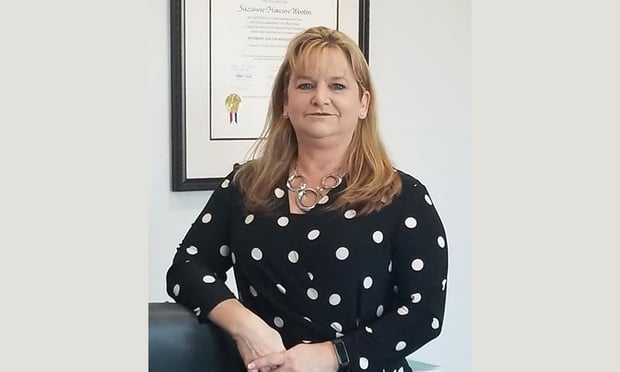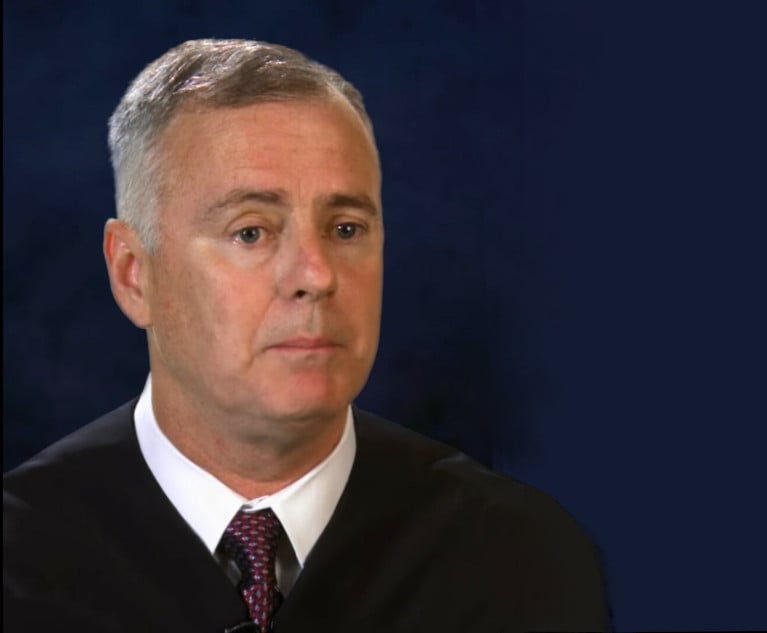The U.S. Court of Appeals for the Fifth Circuit has dismissed Texas Gov. Greg Abbott from a former judge’s lawsuit that alleged while he was the Texas attorney general, a lawyer in his office maliciously prosecuted the judge, securing a wrongful conviction.
When absolute prosecutorial immunity applies—and when it doesn’t—is the major issue in the appeal.

 Suzanne Wooten, a McKinney, Texas, solo practitioner.
Suzanne Wooten, a McKinney, Texas, solo practitioner.








